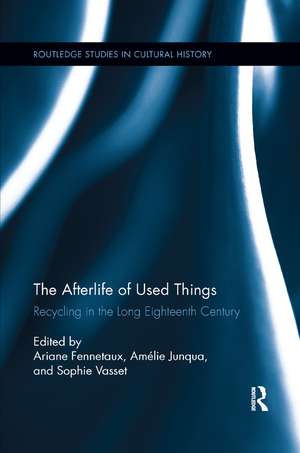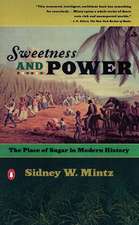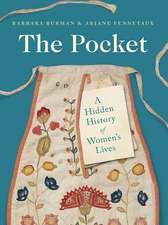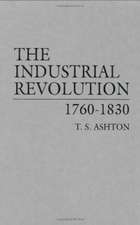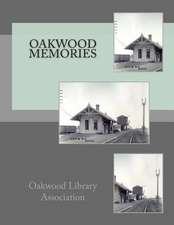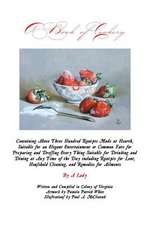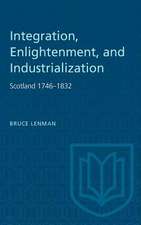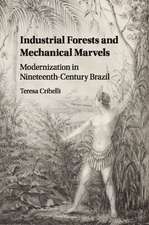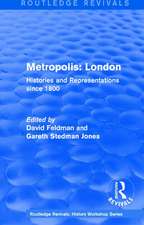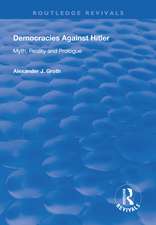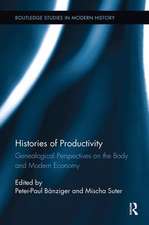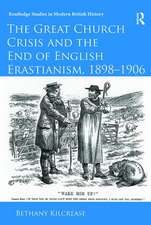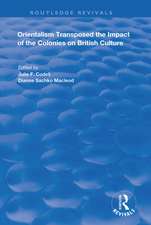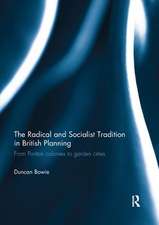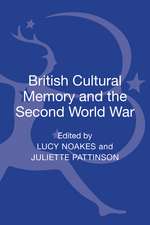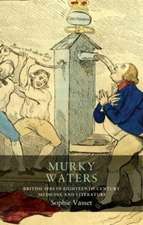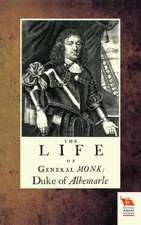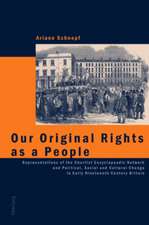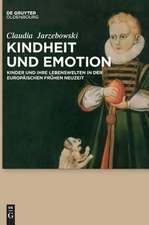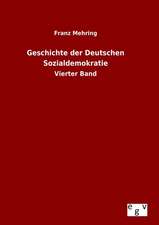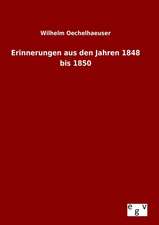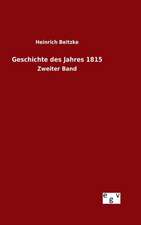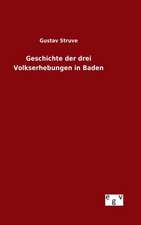The Afterlife of Used Things: Recycling in the Long Eighteenth Century: Routledge Studies in Cultural History
Editat de Ariane Fennetaux, Amélie Junqua, Sophie Vasseten Limba Engleză Paperback – 23 mai 2019
| Toate formatele și edițiile | Preț | Express |
|---|---|---|
| Paperback (1) | 301.32 lei 6-8 săpt. | |
| Taylor & Francis – 23 mai 2019 | 301.32 lei 6-8 săpt. | |
| Hardback (1) | 848.15 lei 6-8 săpt. | |
| Taylor & Francis – 23 oct 2014 | 848.15 lei 6-8 săpt. |
Din seria Routledge Studies in Cultural History
-
 Preț: 326.49 lei
Preț: 326.49 lei -
 Preț: 311.41 lei
Preț: 311.41 lei -
 Preț: 665.25 lei
Preț: 665.25 lei -
 Preț: 311.41 lei
Preț: 311.41 lei -
 Preț: 311.41 lei
Preț: 311.41 lei -
 Preț: 326.01 lei
Preț: 326.01 lei -
 Preț: 326.78 lei
Preț: 326.78 lei -
 Preț: 313.60 lei
Preț: 313.60 lei -
 Preț: 315.70 lei
Preț: 315.70 lei -
 Preț: 310.45 lei
Preț: 310.45 lei - 9%
 Preț: 934.80 lei
Preț: 934.80 lei -
 Preț: 280.29 lei
Preț: 280.29 lei - 9%
 Preț: 276.16 lei
Preț: 276.16 lei -
 Preț: 341.38 lei
Preț: 341.38 lei -
 Preț: 356.83 lei
Preț: 356.83 lei - 30%
 Preț: 848.15 lei
Preț: 848.15 lei - 5%
 Preț: 1290.15 lei
Preț: 1290.15 lei - 30%
 Preț: 849.37 lei
Preț: 849.37 lei - 25%
 Preț: 858.29 lei
Preț: 858.29 lei - 26%
 Preț: 822.34 lei
Preț: 822.34 lei -
 Preț: 438.56 lei
Preț: 438.56 lei - 28%
 Preț: 819.91 lei
Preț: 819.91 lei - 18%
 Preț: 1109.99 lei
Preț: 1109.99 lei - 18%
 Preț: 1055.51 lei
Preț: 1055.51 lei - 28%
 Preț: 820.73 lei
Preț: 820.73 lei - 18%
 Preț: 1058.79 lei
Preț: 1058.79 lei - 18%
 Preț: 1068.18 lei
Preț: 1068.18 lei - 18%
 Preț: 1058.65 lei
Preț: 1058.65 lei - 18%
 Preț: 1057.89 lei
Preț: 1057.89 lei - 18%
 Preț: 1110.74 lei
Preț: 1110.74 lei -
 Preț: 487.02 lei
Preț: 487.02 lei -
 Preț: 412.37 lei
Preț: 412.37 lei - 18%
 Preț: 1115.51 lei
Preț: 1115.51 lei -
 Preț: 489.10 lei
Preț: 489.10 lei - 18%
 Preț: 1057.09 lei
Preț: 1057.09 lei -
 Preț: 281.63 lei
Preț: 281.63 lei -
 Preț: 431.57 lei
Preț: 431.57 lei - 18%
 Preț: 1110.61 lei
Preț: 1110.61 lei - 18%
 Preț: 1054.71 lei
Preț: 1054.71 lei -
 Preț: 397.66 lei
Preț: 397.66 lei -
 Preț: 440.69 lei
Preț: 440.69 lei - 18%
 Preț: 1060.19 lei
Preț: 1060.19 lei -
 Preț: 442.12 lei
Preț: 442.12 lei - 18%
 Preț: 1052.38 lei
Preț: 1052.38 lei
Preț: 301.32 lei
Preț vechi: 357.55 lei
-16% Nou
Puncte Express: 452
Preț estimativ în valută:
57.65€ • 60.52$ • 47.86£
57.65€ • 60.52$ • 47.86£
Carte tipărită la comandă
Livrare economică 10-24 aprilie
Preluare comenzi: 021 569.72.76
Specificații
ISBN-13: 9780367208851
ISBN-10: 0367208857
Pagini: 278
Ilustrații: 27
Dimensiuni: 152 x 229 mm
Greutate: 0.54 kg
Ediția:1
Editura: Taylor & Francis
Colecția Routledge
Seria Routledge Studies in Cultural History
Locul publicării:Oxford, United Kingdom
ISBN-10: 0367208857
Pagini: 278
Ilustrații: 27
Dimensiuni: 152 x 229 mm
Greutate: 0.54 kg
Ediția:1
Editura: Taylor & Francis
Colecția Routledge
Seria Routledge Studies in Cultural History
Locul publicării:Oxford, United Kingdom
Public țintă
Postgraduate and UndergraduateCuprins
Introduction: The Many Lives of Recycling Ariane Fennetaux, Amélie Junqua and Sophie Vasset Part I: The Circulation of Goods 1. The Social Circulation of Luxury and Second-Hand Goods in Eighteenth-Century Parisian Shops Natacha Coquery 2. Luxury and Country House Sales in England, c.1760-1830 Jon Stobart 3. Recycling the Wreckage of History: On the Rise of an "Antiquarian Consumer Culture" in the Southern Netherlands Ilja Van Damme 4. Recycling Orientalia: William Beckford's Æsthetics of Appropriation Laurent Châtel Part II: The Stewardship of Objects and the Material Practices of Recycling 5. Recycling the City: Paris, 1760s-1800 Allan Potofsky 6. Renewing and Refashioning: Recycling Furniture at the Late Stuart Court (1689-1714) Olivia Fryman 7. Invisible Mending?: Ceramic Repair in Eighteenth-Century England Sara Pennell 8. Sentimental Economics: Recycling Textiles in Eighteenth-Century Britain Ariane Fennetaux 9. Science and Recycling in the Long Eighteenth Century Simon Werrett 10. Recycling the Sacred: The Wax Votive Object and the Eighteenth-Century Wax Baby Doll Elizabeth Kowaleski Wallace Part III: Textual Recyclings 11. Inventive Mendicancy, Thrift and Extravagance Manifested in Re-Circulated Material in an Eighteenth-Century Library W. G. Day 12. Unstable Shades of Grey: Cloth and Paper in Addison’s Periodicals Amélie Junqua 13. Black Transactions: Waste and Abundance in Samuel Richardson’s Clarissa. Rebecca Barr 14. "Never Was a Thing Put to So Many Uses": Transfer and Transformation in Laurence Sterne’s Fiction (1759-1768) Brigitte Friant-Kessler 15. Recycling a Medical Case: The Walpoles’ Stone and Gravel Sophie Vasset
Descriere
Using the concept of "recycling" as a means to revisit the economic, social, cultural, scientific, and artistic processes that characterized the eighteenth century, this volume investigates how practices of salvaging and repurposing shed new light on a century where novelty and innovation are often thought to prevail, returning to such apparently well-known notions as consumption, the new science, or novel writing to cast them in a new light where the waste of some becomes the luxury of others, clothes worn to rags are turned into paper and into books, and scientific breakthroughs are made using old kitchen pans.
